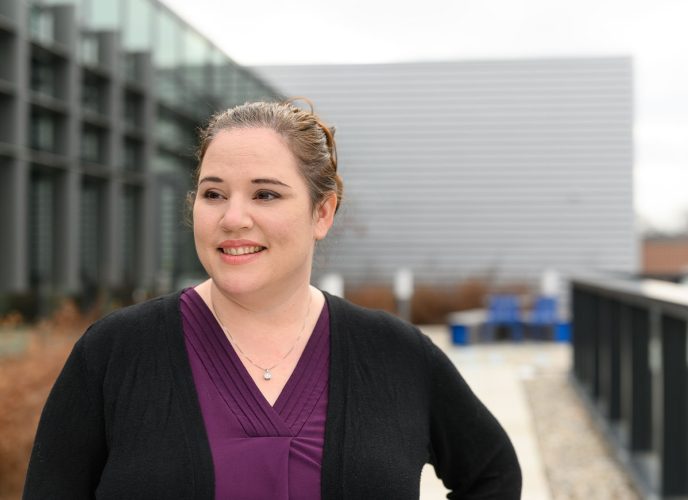Research from the University of Kentucky College of Social Work underscores the impact family environments, economic status, and adverse experiences have on children’s mental health. The study was recently published in the Journal of Youth and Adolescence.
The collaborative study, which examined complex relationships between socioeconomic status (SES), adverse childhood experiences (ACEs), youth psychopathology, and family environment, found that children and teens from families with increasing economic strains have a greater risk for adverse mental health outcomes. Data used in the study was collected from more than 5,000 participants with an average age of ten, and their caretakers, annually for three years.
Results of the study showed that lower levels of family socioeconomic status were associated with higher levels of adverse childhood experiences, which, in turn, were associated with increased adverse mental health symptoms, such as sadness, anxiety, excessive crying, acting out, and being disobedient in school. Conflict within the family environment further exacerbated these outcomes.
“We know that low-socioeconomic status can put children and youth at risk for poorer mental health outcomes. However, understanding the ways in which it does so is complicated because it shapes access to multiple resources and conditions needed for healthy outcomes. When we conduct research aimed at building an understanding of these healthy relationships, we need to be able to consider not just each individual risk, but also how risks could interact with one another,” said lead researcher Sheila Barnhart, Ph.D., of the University of Kentucky College of Social Work. “Implementing research-based policies and interventions which aim to reduce adverse childhood experiences and difficult family environments, in addition to those that support families in meeting their basic financial needs, may lessen the negative impact of lower socioeconomic status on children and teens.”
Other authors in this study included Antonio Garcia, Ph.D., of the College of Social Work, University of Kentucky, Lexington, Kentucky and Nicole Karcher, Ph.D., of the School of Medicine, Washington University, St. Louis, Missouri.






